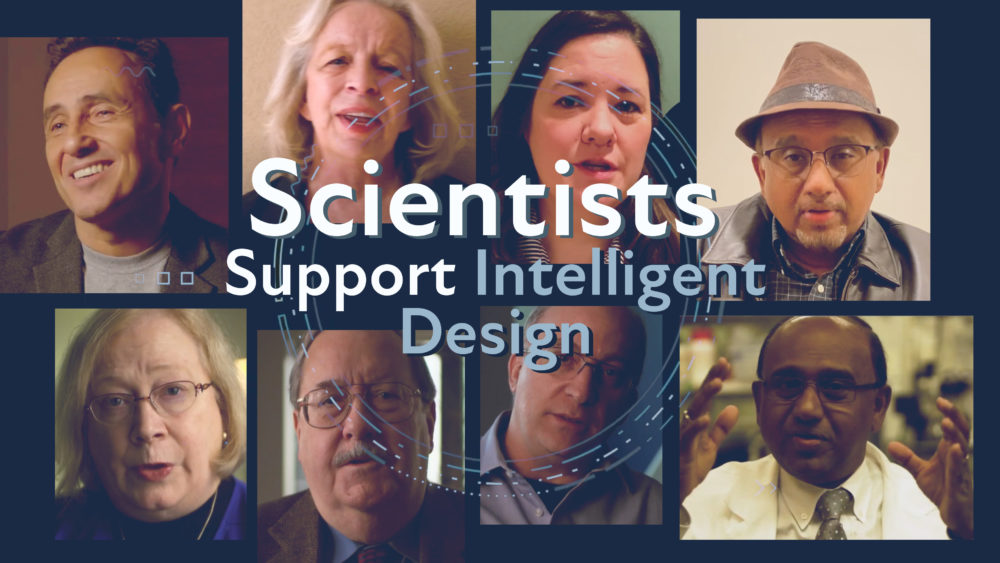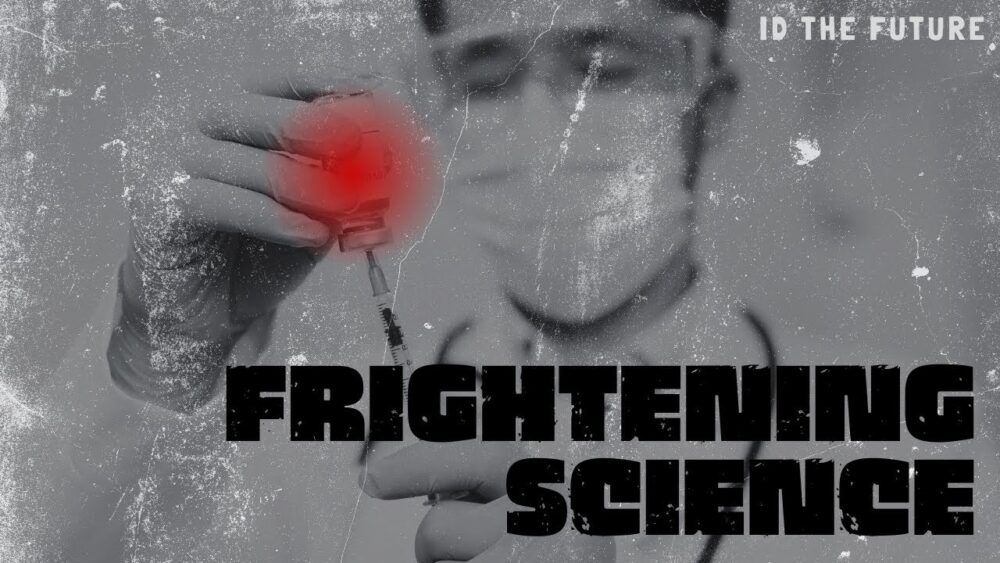
Archives


How to Glorify God in Your Family with Social Media (2023 Dallas Conference on Science and Faith)
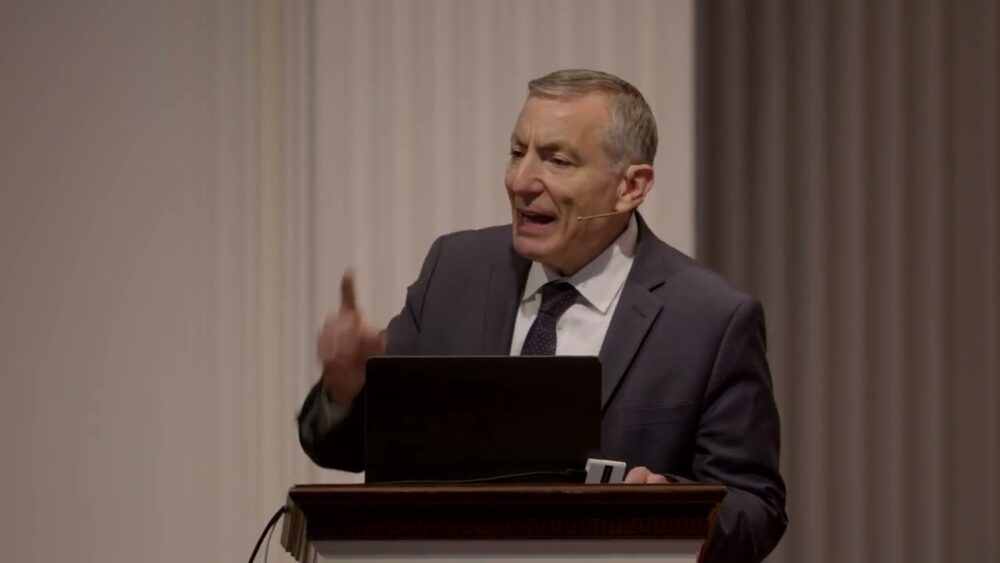
Molecules Don’t Care About Life! (2023 Dallas Conference on Science and Faith)

Science Doesn’t Say Anything—Scientists Do (2023 Dallas Conference on Science and Faith)

The Codes of Life: Your Amazing Information
Long Story Short Episode 10
Origin of Life: Reality Check
Long Story Short, Episode 9
Darwin Comes to Africa

Origin of Life: Replication (with References)
Long Story Short, Episode 8
Origin of Life: Energy Harnessing
Another Challenge to the Origin of Life
Discovery Institute’s Science Education Policy
What does Discovery Institute's Center for Science and Culture recommend for science education curriculum?
Origin of Life: Cell Membranes
Long Story Short, Episode 6
Untangler of Knots: The Amazing Topoisomerase Molecular Machine
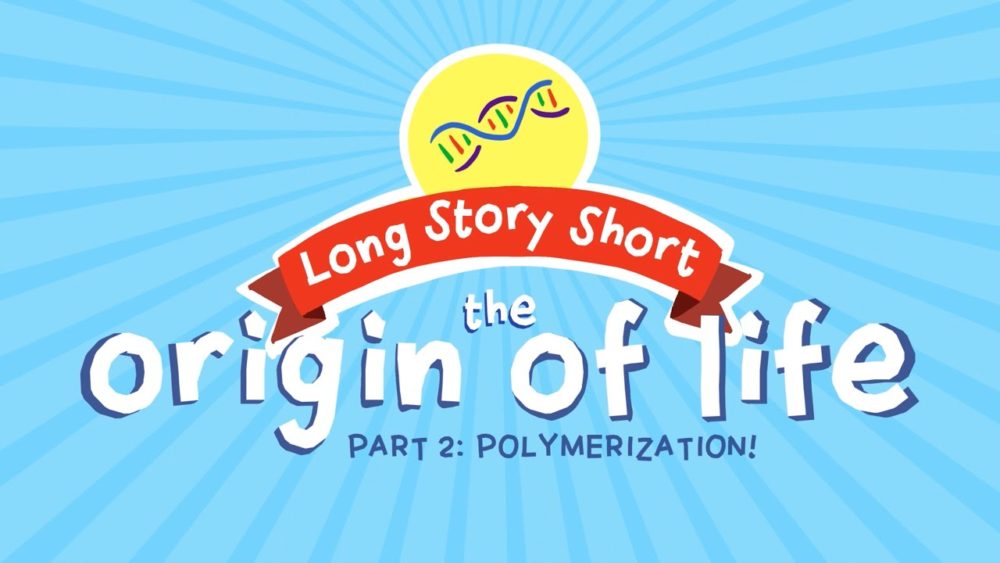
Origin of Life: Polymerization!
An Episode of Long Story Short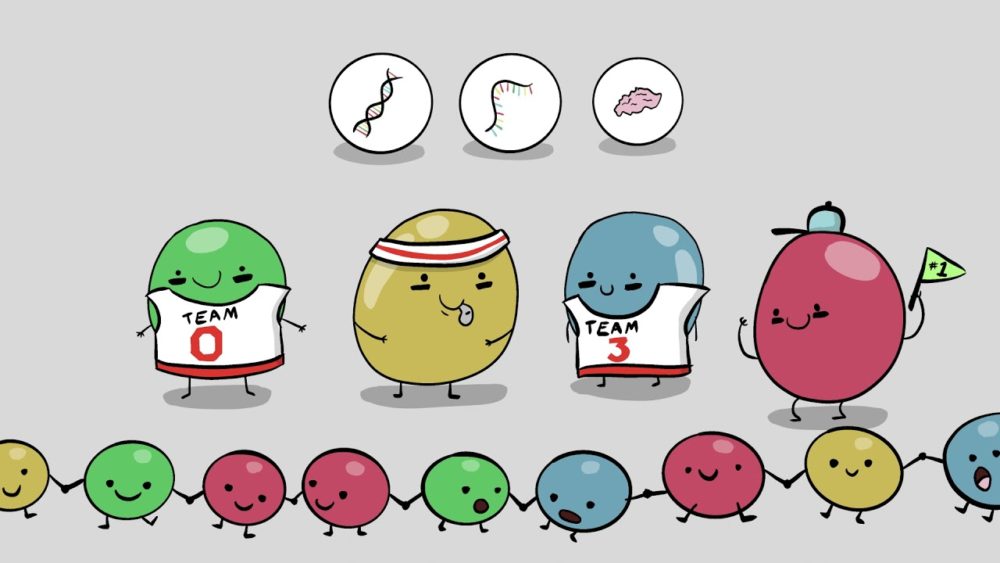
Challenge to Origin of Life Teaser
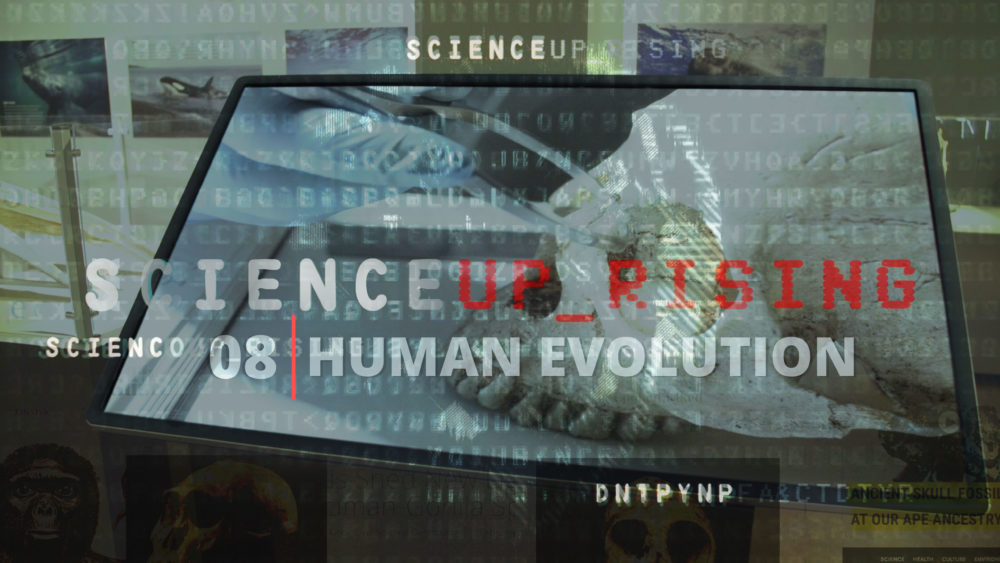
Science Uprising 08: Human Evolution
The Monkey Bias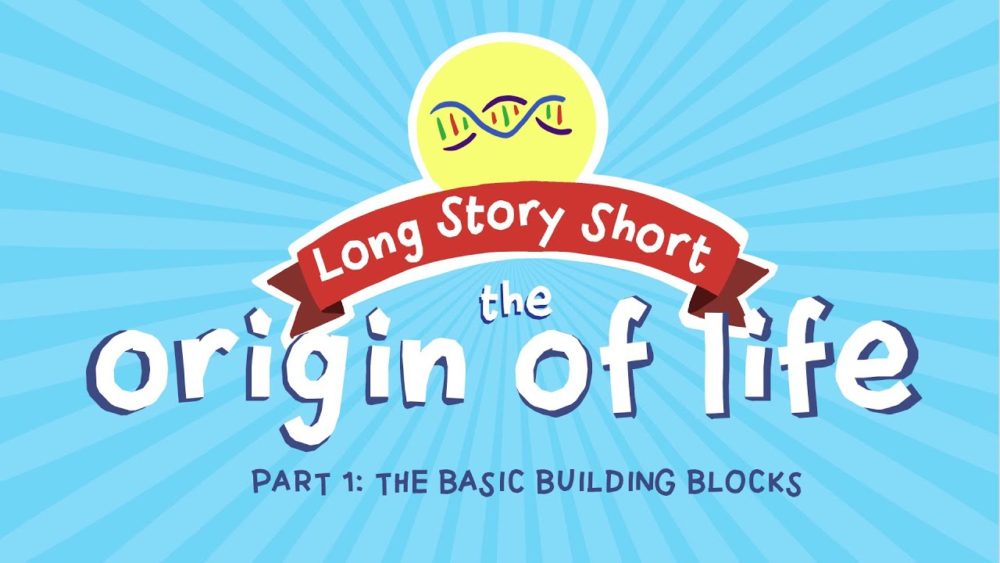
Origin of Life: The Basic Building Blocks
Long Story Short, Episode 4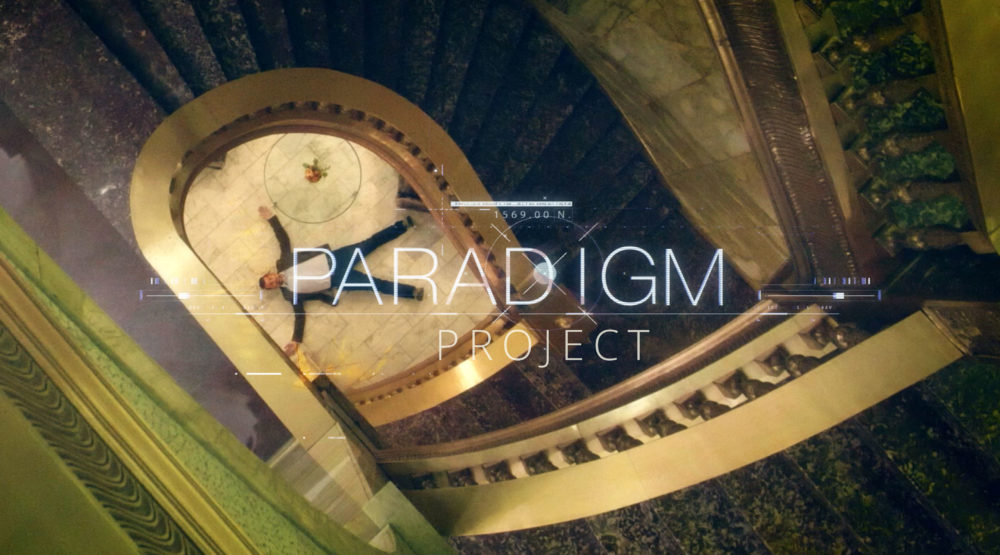
The Paradigm Project
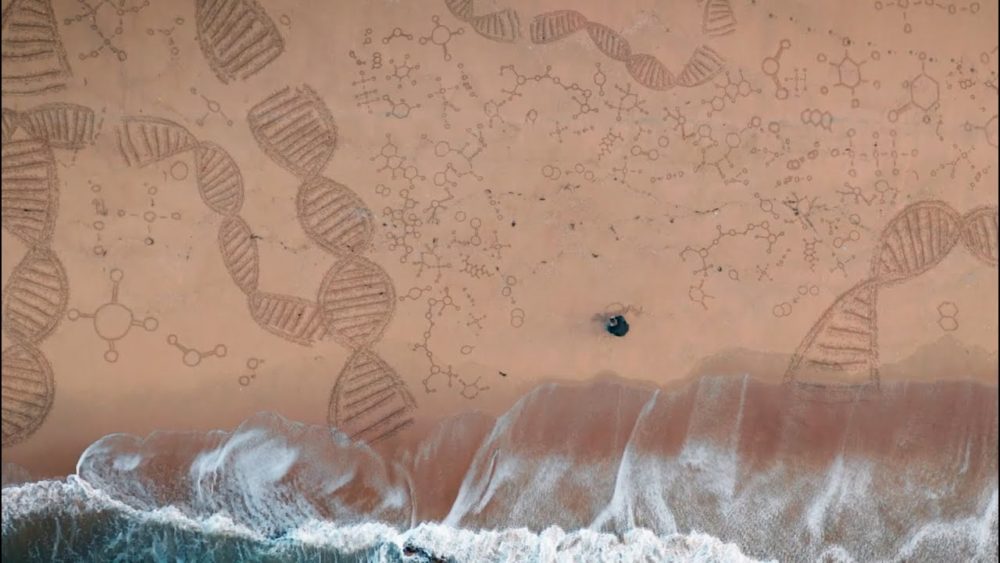
Trailer for The Paradigm Project: Intelligent Design
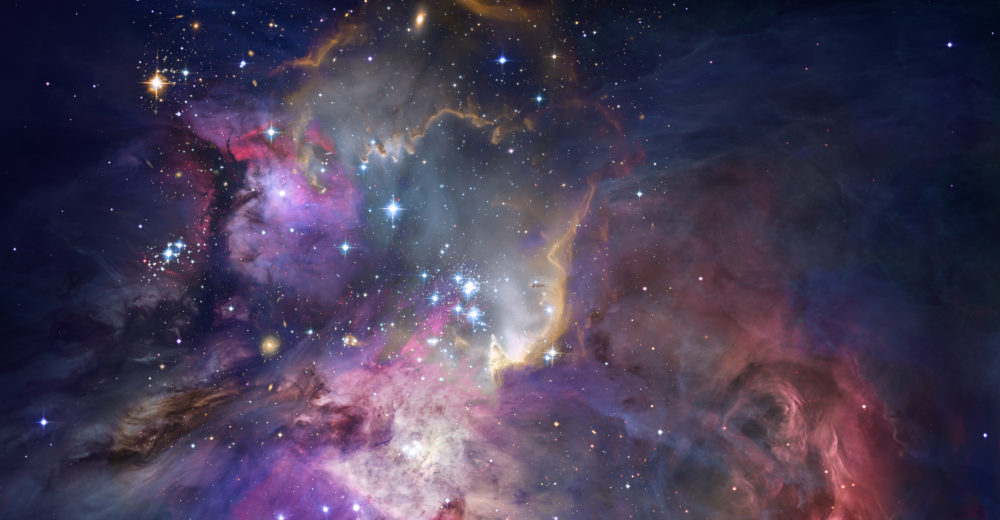
Criticism and Response for Return of the God Hypothesis
